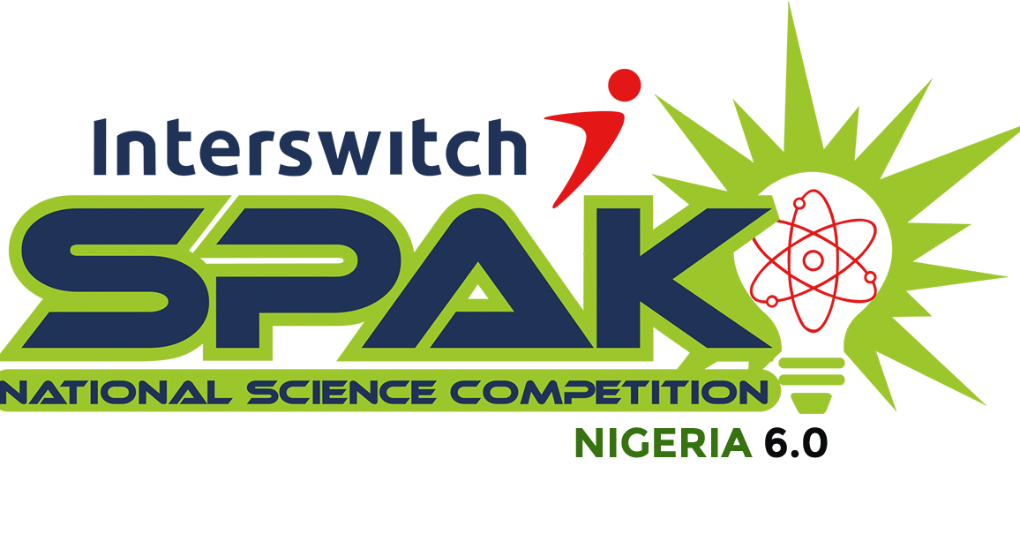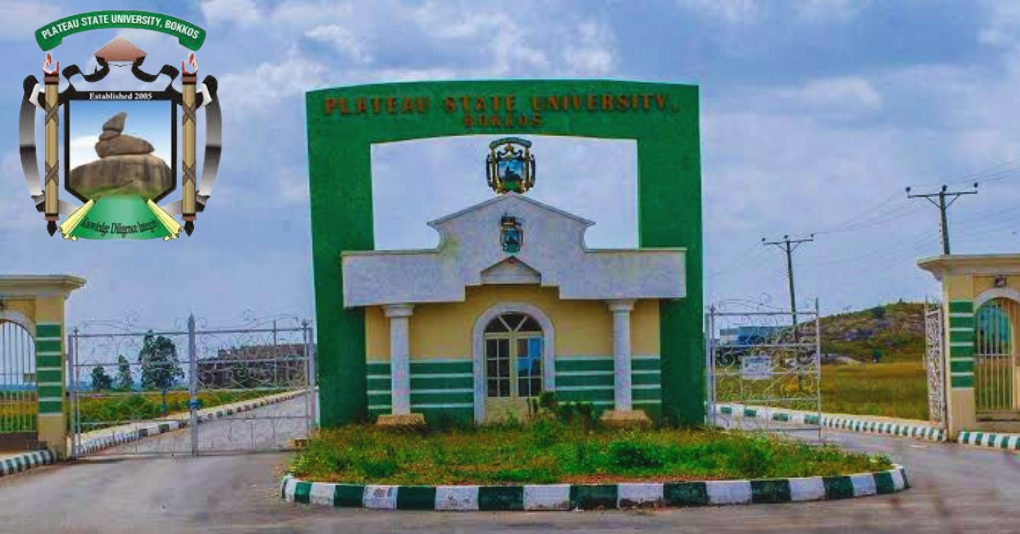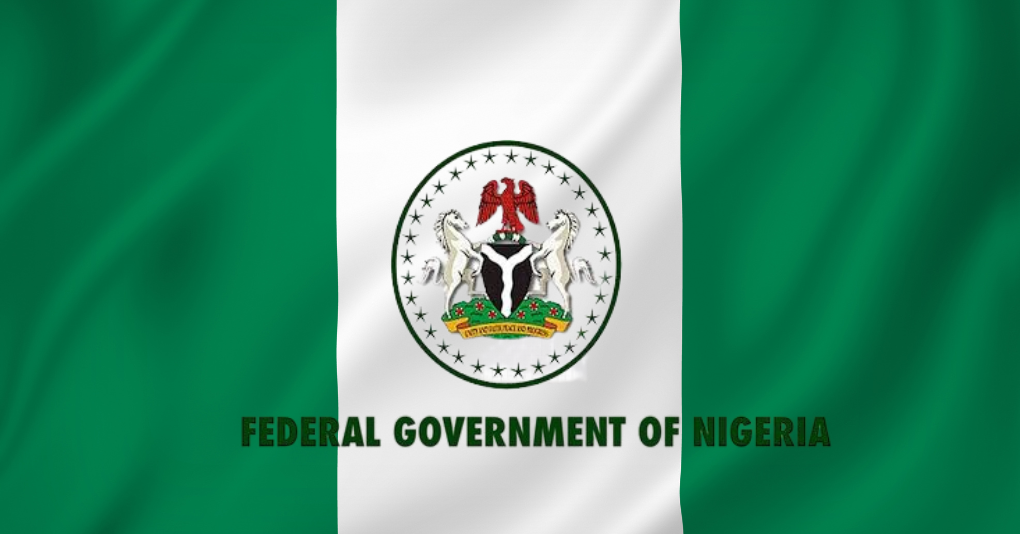Photo credit: Theirworld
As part of the plans to address the issue of out-of-school children in the country, President Muhammadu Buhari has on Tuesday in Abuja inaugurated an 18-member Presidential Steering Committee on Alternate School Programme (ASP) co-chaired by the Ministers of Humanitarian Affairs and Education.
This was revealed by the President’s Special Adviser on media and Publicity, Mr. Femi Adesina.
President Buhari tasked the Federal Ministry of Humanitarian Affairs, Disaster Management and Social Development to coordinate and lead the deployment of a National Plan to address the issue of out-of-school children in the country.
The plan is meant to ensure a holistic and comprehensive inclusiveness of appropriate basic education for vulnerable children.
‘‘To commence this special education initiative, emphasis should be given to first provide a limited scope of subjects in Mathematics, English language, Basic Science and Social studies. Gradually, the initiative will be scaled up to ensure the acquisition of relevant technical skills in the process that can enable the beneficiaries to participate in gainful economic activities,’’ Mr. Adesina quoted Mr. President.
Mr. President said the estimated13 million out of school children as reported by the United Nations is disturbing. In view of this, the “Humanitarian Affairs Ministry had identified the critical need to further address literacy inclusiveness, especially among these vulnerable children.”
‘‘While we continue to sustain our efforts on providing formal and conventional education through the activities of the Universal Basic Education Commission under the Federal Ministry of Education, it is still a common sight to notice children abandoning formal school to become apprentices in shops, workshops and markets, whilst many others choose to loiter at markets, become cart pushers and hawkers. These are not acceptable,’’ Buhari said.
The President used the occasion to reiterate his administration’s commitment to further use the National Social Investment Program (NSIP) to alleviate poverty in the country.
‘‘The National Social Investment Program (NSIP) that includes the conditional cash transfer, N-Power, National Home-Grown School feeding Program and the Government Enterprise and Empowerment programs are today gaining admiration and imitation by many countries as an effective strategy.
‘‘Based on the need to sustain these efforts, we have launched the policy of lifting 100 million Nigerians out of poverty by 2030 at the beginning of our second term in 2019 to further consolidate the gains of the NSIPs through effective coordination and institutionalization.
‘‘This led to the creation of the Federal Ministry of Humanitarian Affairs, Disaster Management and Social Development with the mandate to ensure full coordination of all poverty eradication efforts of Government for enhanced impact,’’ he said.
Other members of the Presidential Steering Committee on ASP are Chairman, Northern Governors' Forum, Minister of State, Budget and National Planning, Minister of State, Education, Senior Special Assistant to the President, Sustainable Development Goals, Executive Secretary, Universal Basic Education Commission (UBEC), Director General, National Youth Service Corps (NYSC) and the National President, Association of Local Governments of Nigeria (ALGON).
Also representatives on the Presidential Committee are the United Nations Educational, Scientific and Cultural Organization (UNESCO), the United Nations International Children's Emergency Fund (UNICEF), Global Partnership for Education, Chair, Private Sector Advisory Group – SDGs, Chair, Civil Society Coalition on Sustainable Development, Chair, Senate Committee on Basic Education, Chair, House Committee on Basic Education, Hon. Dr. Shehu Balarabe Kakale, while the Permanent Secretary, Ministry of Humanitarian Affairs, Disaster Management and Social Development will serve as Secretary.
The Committee was further saddled with the following tasks:
- Refine and focus the vision of the initiative
- Ensure engagement and effective uptake of the ASP initiative across the country
- Review and approve all work, implementation plan, expected deliverables, feedbacks and reports as proposed
- Undertake any other task that can enhance the effective delivery of the initiative by the Ministry.
Share this post





Be the first to comment on this post